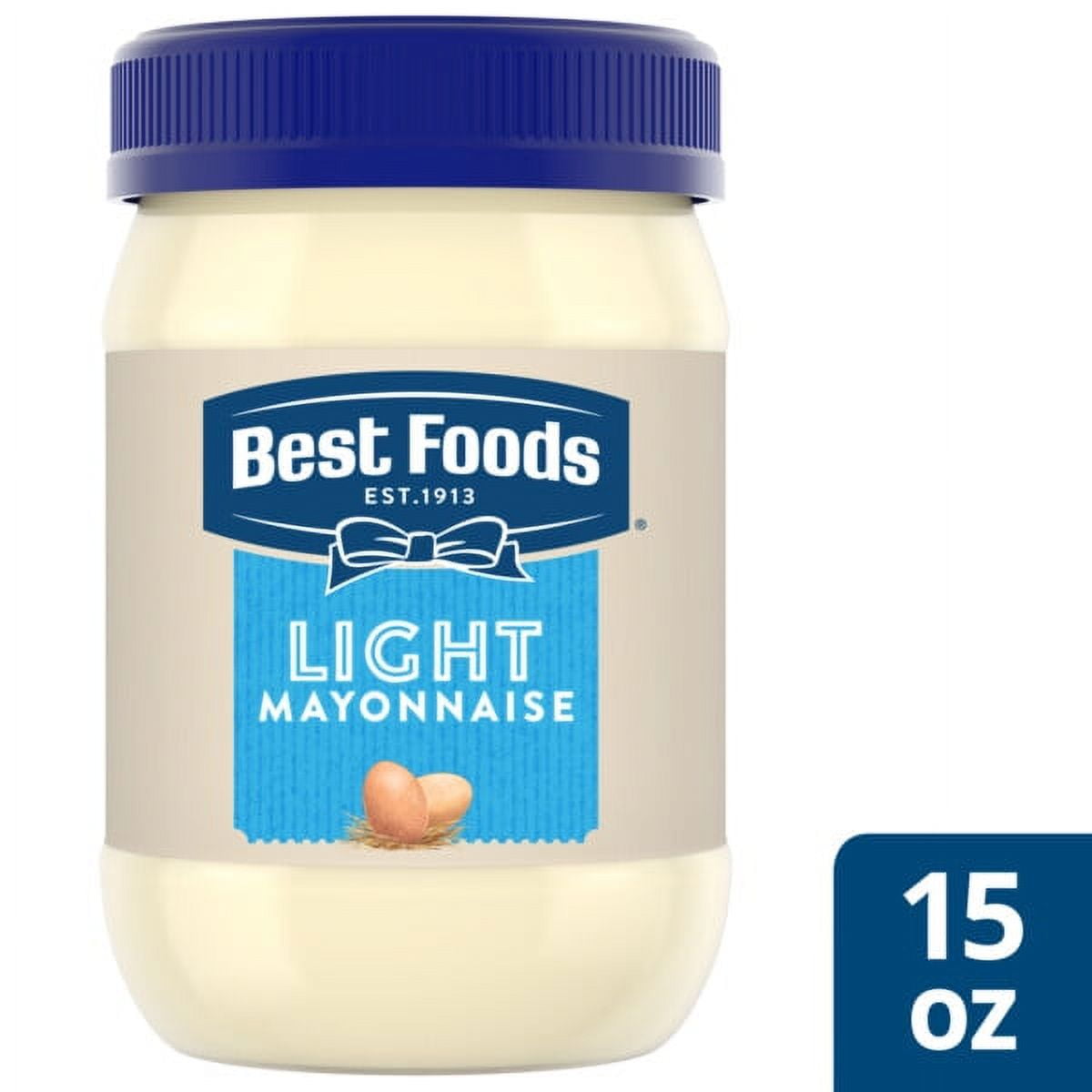Almond Breeze Almondmilk: A Convenient Choice or an Ultra-Processed Pitfall?

Navigating Weight Management with Almond Breeze Almondmilk
When considering Almond Breeze Almondmilk in the context of weight loss or maintenance, it's essential to weigh the potential pros and cons.
Incorporating Almond Breeze Almondmilk into a weight-conscious diet can be done thoughtfully. While it’s important to enjoy its benefits, moderation is key. Think of this almond milk as a supplement rather than a staple, allowing for a diverse range of whole foods in your diet.
Here are some practical ways to include Almond Breeze Almondmilk effectively:
- Oatmeal: Use it as a base for cooking oatmeal, infusing a nutty flavor while enhancing the creaminess—just remember to add some fiber-rich fruits or seeds for a fuller meal.
- Coffee Stretcher: Froth it to create a light almond milk latte, giving your morning coffee a delightful twist without the heaviness of creamers.
- Soups and Sauces: Incorporate it into recipes for creamy soups or sauces, substituting heavier dairy options and keeping your meals light yet satisfying.
Quick Tip for Success
Pair Almond Breeze Almondmilk with sources of protein or high-fiber foods, like chia seeds or nut butter, to enhance satiety and overall nutrition. This approach will help ensure your meals are not just tasty, but also effective in supporting your weight management goals. Remember, making small adjustments can lead to lasting changes on your path to a healthier lifestyle!
Ready to take charge of your health? Use the GoCoCo app’s Food Scanner to effortlessly evaluate your favorites and make informed choices on the go!
Ingredients in Almond Breeze Almondmilk, Original, Unsweetened
Almond Breeze Almondmilk may seem like a healthier alternative to cow's milk, but upon reviewing its ingredients, it's clear that there are more considerations to bear in mind. Below are the main ingredients segmented into relevant categories for better insight into their nutritional quality and potential impacts on your health.
Base Ingredients:
- Almondmilk (Filtered Water, Almonds): While the base of almonds ensures a plant-based source, the overall quality can be overshadowed by the presence of additives.
- Calcium Carbonate: Used to fortify the drink with calcium, a necessary mineral for bone health.
- Sea Salt: Present in minimal quantities, it doesn’t significantly impact sodium levels.
- Potassium Citrate: A common food additive that’s not harmful.
- Sunflower Lecithin: Serves as an emulsifier, helping to maintain texture.
- Gellan Gum: A thickening agent that can enhance the drink's mouthfeel but is considered ultra-processed.
- Natural Flavors: These can vary, but without additional context, they may not always be from wholesome sources and can indicate ultra-processing.
- Gluten-free: Almond Breeze Almondmilk does not contain gluten, making it suitable for those with gluten sensitivities.
Can I Eat Almond Breeze Almondmilk Every Day?
While Almond Breeze Almondmilk is low in sodium, fat, and sugar, and mostly fortified with beneficial ingredients, it's important to be wary of its ultra-processed nature due to the three additives present. These additives can influence the overall healthiness of the product, indicating it should be consumed in moderation as part of a balanced diet focused on whole foods.
In terms of dietary requirements, this almond milk can serve as a lactose-free or vegan option for those with dairy restrictions. However, if you're seeking a nutrition-packed beverage, it’s vital to remember that whole, unprocessed alternatives will consistently yield greater benefits for your health.
To make informed choices that align with your wellness journey, consider downloading the GoCoCo product scanner. With this tool, you can effortlessly evaluate the healthiness of products while you shop, helping you steer clear of ultra-processed options and embrace more wholesome alternatives.
Managing diabetes with Almond Breeze Almondmilk
Almond Breeze Almondmilk can fit into a diabetic-friendly diet with some mindful considerations. While it is low in sugar and calories, its lack of fiber and high level of ultra-processed additives may impact blood sugar management. To make the most of this beverage, it’s crucial to combine it with fiber-rich and protein-packed foods that can help balance blood sugar levels.
Here are some practical tips for incorporating Almond Breeze Almondmilk into your meals:
- Breakfast Boost: Use it to make overnight oats by mixing rolled oats with Almond Breeze, chia seeds, and your choice of berries. This combination provides healthy carbohydrates, fiber, and antioxidants that can support stable blood sugar levels.
- Creamy Soups: Create a comfort meal by using Almond Breeze as a base for creamy soups. Combine it with vegetables like broccoli or cauliflower to enhance nutrient density while avoiding heavy cream.
- Whole Grain Pairing: Pour it over whole grain cereals or low-sugar muesli for a filling breakfast that offers complexity and a steadier energy release throughout the day.
By focusing on pairing Almond Breeze with whole grains, healthy fats, and proteins, you can create balanced meals that not only satisfy your taste buds but also support effective diabetes management.
To navigate your food choices more effectively, consider using the GoCoCo product scanner and food tracker. With this handy tool, you’ll gain personalized tips and insights that empower you to make informed decisions while planning your meals!
FAQS
Making informed choices for your health
In summary, Almond Breeze Almondmilk offers a low-sugar, low-calorie option that can fit into a health-conscious diet when used in moderation and paired wisely with whole grains and protein-rich foods. While it serves as a convenient alternative for weight management and can complement a diabetes-friendly meal plan, it's essential to remain cautious about its ultra-processed nature. The GoCoCo app is an excellent resource for evaluating this product's health score and understanding how it aligns with your personal health goals. As you reflect on how Almond Breeze fits into your dietary strategy, consider the wholesome ingredients and practical tips shared throughout to empower yourself in managing your health and making the best choices for your well-being.




